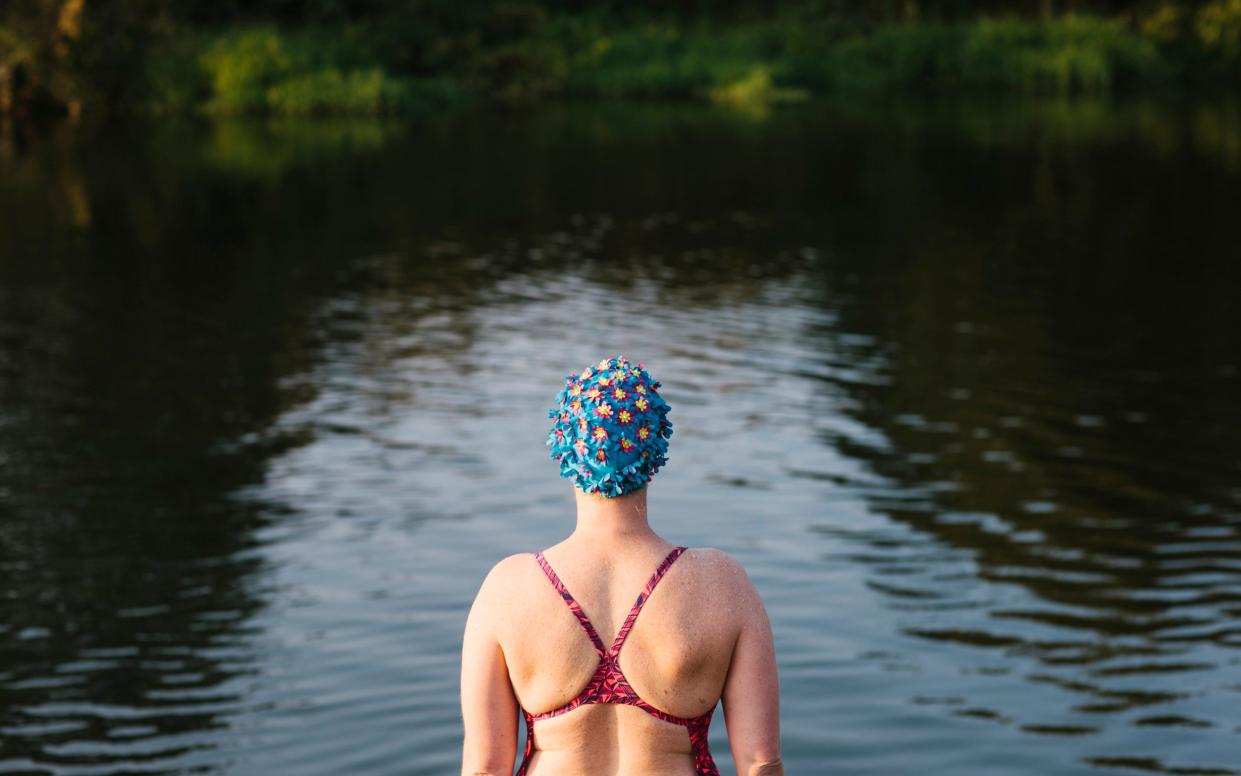New wild swimming sites get the go ahead, but no guarantee they are clean

New wild swimming sites will be monitored for sewage in a major expansion of bathing locations - but this doesn’t guarantee cleanliness.
The Environment Agency (EA) has designated 27 extra places this bathing season, bringing the total number across England to 451. The bathing season runs from May 15 to Sep 30. However the official designation doesn’t mean the site is clean.
An annual classification ranging from “poor” to “excellent” is given to each location which is monitored for E coli and enterococci. Following an analysis, the results are published on the Environment Agency’s Swimfo website.
Last year the Department for Environment, Food and Rural Affairs (Defra) said that 96 per cent of bathing waters in England met minimum annual standards and 90 per cent were rated as “good” or “excellent”.
But the number rated as “Excellent” fell and the number rated as “Poor” rose to its highest level since 2015, with two sites on the current list rated as “Poor”. Excess quantities of bacteria linked to faeces will earn a site a “Poor” rating and a sign advising people against swimming will be erected.
Jonathan Porter, a microbiologist at the Environment Agency, told the BBC: “We’re looking for two different types of bacteria, e. coli and intestinal enterococci.
Faecal matter testing
“Those are used to indicate the possible presence of faecal material in the water, which could have come from many different sources, humans, farm animals, birds, or dogs.”
The new bathing areas include a dozen river sites, such as the Severn at Ironbridge, Wallingford Beach on the Thames in south Oxfordshire and the River Nidd in North Yorkshire. Several spots on Coniston Water and one on Derwent Water, in Cumbria, have also been added.
The classification does not come with any financial help to clean the site but the EA will work with local communities, farmers and water companies to improve the water quality.
Speaking to BBC, Claire Robertson from campaign group Thames21 said: “It’s in the law that if a designated bathing water site fails, then the water company, the local authority and the Environment Agency have to work together to improve that water quality.”
“If we hadn’t had the designation we wouldn’t have had the investigation and the promises of upgrades we’ve had.”
Announcing the measure Robbie Moore, the water minister, described it as the largest rollout of new bathing sites ever.
He said: “The value our bathing waters bring to local communities is incredible ... providing social, physical and positive health and wellbeing benefits to people around the country.
“I am pleased to have approved a further 27 new bathing water sites for this year. I am fully committed to seeing the quality of our coastal waters, rivers and lakes rise further for the benefit of the environment and everyone who uses them.”
Defra said it is set to hold a consultation later this year to reform bathing regulations including changes to improve water quality, enhance monitoring.
Alan Lovell, chairman of the Environment Agency, said water quality had improved over the last decade owing to targeted regulation of standards.

